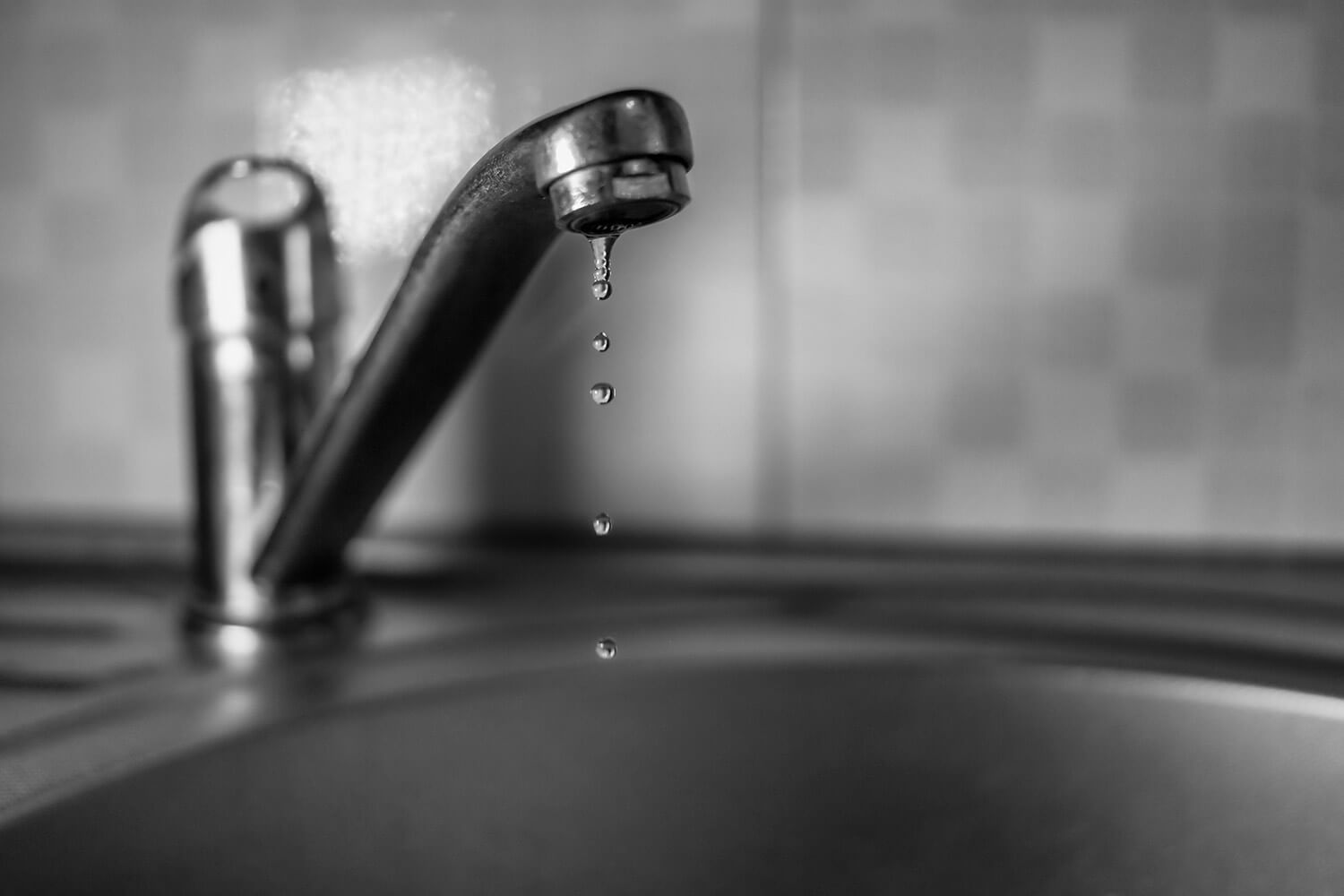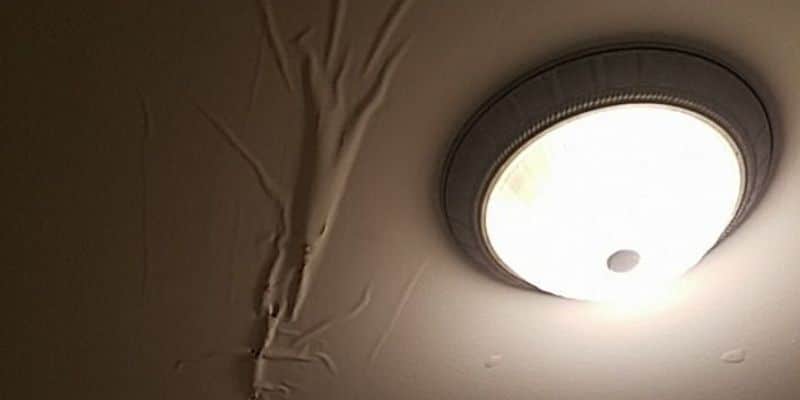Learning About Why Water Leakage Happen Frequently at Home
Learning About Why Water Leakage Happen Frequently at Home
Blog Article
What are your thoughts on How to detect water leaks in your home?

Leaks not only trigger waste of water yet can likewise trigger unnecessary damage to your home and advertise undesirable organic growth. By looking and comprehending for day-to-day circumstances that cause leaks, you can protect your residence from future leaks and also unnecessary damage.
Instantaneous temperature modifications.
Severe temperature changes in our pipelines can trigger them to expand as well as acquire unexpectedly. This growth and contraction may trigger splits in the pipes, particularly if the temperature are below cold.
Corroded water systems
As time goes by, your plumbing system ages as well as rust such as rust might start gnawing the pipelines. This might be the root cause of discoloration or warping on your water pipes. This asks for an examination with your plumber quickly. If our plumbing system is old, take into consideration replacing the pipes given that they are at a higher risk of rust than the more recent models.
Defective Pipe Joints
The point at which your pipes attach is often the weakest web link in the waterline. Pipe joints can wear away gradually, resulting in water leaks. However, the majority of pipe joints are not conveniently visible. If you have loud pipes that make ticking or banging noises, particularly when the warm water is activated, your pipe joints are probably under a lot of pressure. It is suggested to have your plumber inspect your system once a year.
Encroaching origins
Many water leakages begin outside the house instead than inside it. You might observe wet spots or sinkholes in your yard, and also that could mean that tree roots are getting into water lines causing water to leak out.
Poor Water Connectors
Sometimes, a leakage can be brought on by loose hose pipes and also pipelines that provide your devices. Usually, changing is what triggers the loosened water Connections. You might discover when it comes to a washing maker, a pipe may spring a leak due to shaking during the spin cycle. In case of a water connections leak, you may notice water running straight from the supply line or pools around your devices.
Blocked Drains
Clogged drains might be aggravating as well as inconveniencing, yet they can in some cases wind up causing an overflow resulting in break pipelines. Keep removing any type of products that might drop your drains that might block them to prevent such aggravations.
All the above are causes of leakages however not all water leakages arise from plumbing leakages; some leaks might come from roof covering leakages. All leakages must be fixed quickly to stay clear of water damages.
Leakages not just cause waste of water yet can also create unnecessary damage to your residence and also advertise undesirable natural development. By looking and recognizing for day-to-day scenarios that cause leaks, you can secure your home from future leaks and unnecessary damage. Today, we will look at six leakage creates that might be triggering your pipes to drip.
At times, a leakage can be caused by loose tubes and pipelines that provide your appliances. In situation of a water links leakage, you may observe water running straight from the supply line or pools around your appliances.
How To Check For Water Leak In Your Home
How To Check for Leaks
The average household's leaks can account for nearly 10,000 gallons of water wasted every year and ten percent of homes have leaks that waste 90 gallons or more per day. Common types of leaks found in the home are worn toilet flappers, dripping faucets, and other leaking valves. These types of leaks are often easy to fix, requiring only a few tools and hardware that can pay for themselves in water savings. Fixing easily corrected household water leaks can save homeowners about 10 percent on their water bills.
To check for leaks in your home, you first need to determine whether you're wasting water and then identify the source of the leak. Here are some tips for finding leaks:
Take a look at your water usage during a colder month, such as January or February. If a family of four exceeds 12,000 gallons per month, there are serious leaks.
Check your water meter before and after a two-hour period when no water is being used. If the meter changes at all, you probably have a leak.
Identify toilet leaks by placing a drop of food coloring in the toilet tank. If any color shows up in the bowl after 10 minutes, you have a leak. (Be sure to flush immediately after the experiment to avoid staining the tank.)
Examine faucet gaskets and pipe fittings for any water on the outside of the pipe to check for surface leaks.
Undetected water leaks can happen without the home or business owner even realizing. If you suspect a water leak, but not able to find the source. It is time to contact a professional water leak detection service, The Leak Doctor.
How To Find a Water Leak In Your Home
https://www.leakdoctor.com/blog/How-To-Check-For-Water-Leak-In-Your-Home_AE197.html

As a serious person who reads on Common Water Leaks In House, I thought sharing that piece of content was a good thing. Sharing is caring. Helping people is fun. I enjoy reading our article about How to Find Water Leaks.
Water trouble? Dial. Report this page